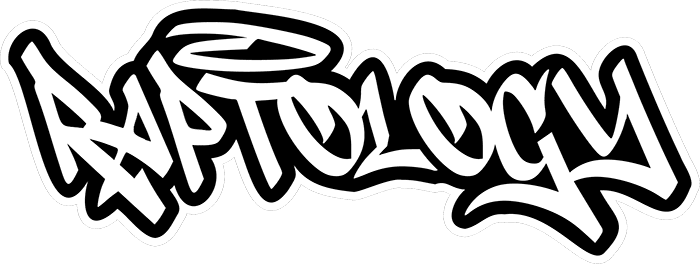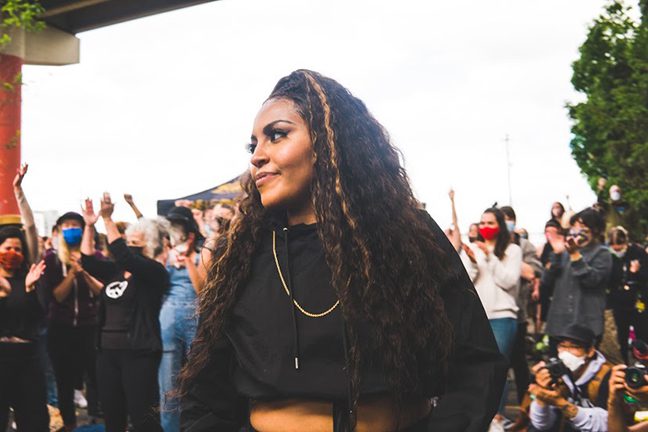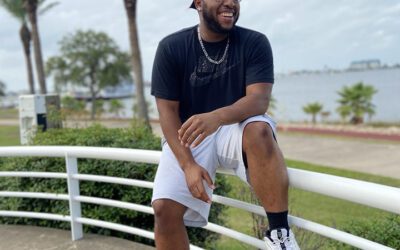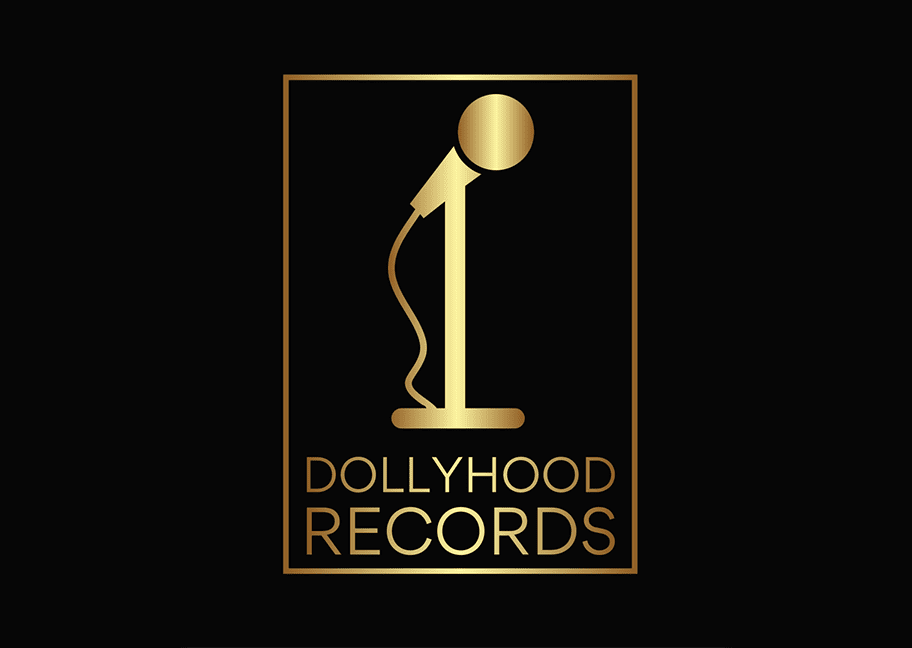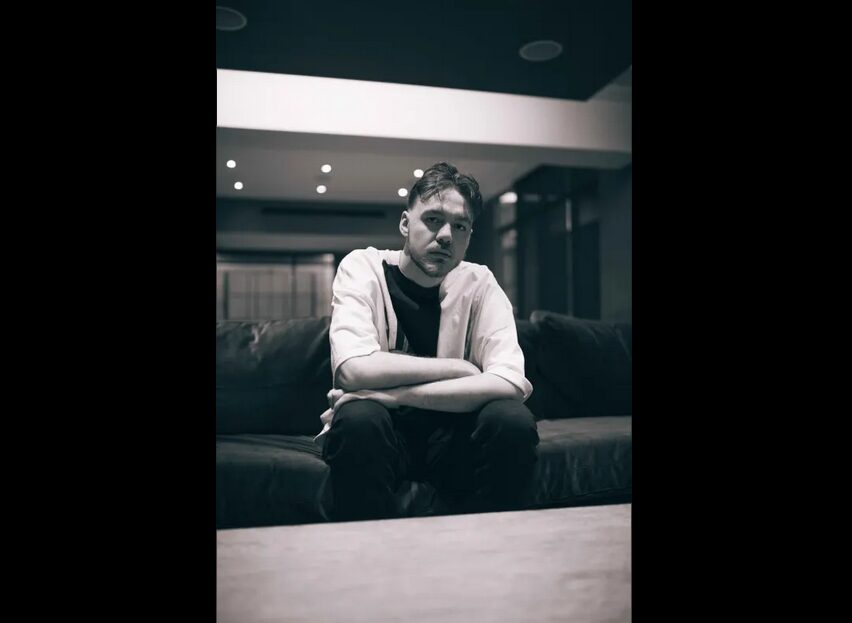Karma Rivera is a young up and coming rapper originally hailing from Chicago and calling Portland her home. Over the summer Karma released a single called “Fallout” that made waves and put the PNW hip-hop community on notice. She followed her August release of “Fallout” with another absolute heater that was released on October 2nd, “Can’t Trust”. Today we discuss with her what it’s like to be involved in the Portland hip-hop community, what Nipsey Hussle’s career meant to her, and how lifes’ emotionally charged moments inspire her to make new music.
– When listeners of the genre think of the historical hot-beds of hip-hop and rap they will likely think of New York, Los Angeles, Chicago, Atlanta. Portland is usually not a city that people would associate with a deep hip-hop culture. For those who aren’t aware of what Portland’s hip-hop scene looks like, would you mind shedding some light on what it’s like to be a rapper in Portland?
“It is definitely an unique experience. Those cities that are hot-beds of hip-hop culture have diverse communities and are bigger in population size. Portland is one of the whitest major American cities with a very well known racist past. And there’s barely any black people that live here. So it makes sense why hip-hop culture isn’t established here…it’s too white. If the community of people does not exist then the culture does not exist. Hip-hop culture is Black culture. Portland can’t produce rap music on the same scale as LA, NY or Chicago simply because the black hip hop and rap community is a lot smaller. And the community is small because of the lack of affordable housing in the city and other racial economic disparities. It all plays a part.
However, rap music is appreciated here. There’s definitely a market for it now. Before the Covid-19 era, local talent buyers were booking more rap acts more than ever before. Portland is also becoming this “transplant city.” People moving here from Oakland, San Francisco or LA, want that cultural experience. And that’s exactly what rap music is in a city like Portland, a cultural experience.”
– Portland also happens to be a very liberal and very politically charged city. Do you find that there is pressure from your peers or even from the culture itself, especially considering the current climate, to make political music?
“Absolutely not. I feel 0 pressure. I’m a woman, my existence alone is politicized enough. So music for me, is an escape from anything political really. So there’s no need for me to make political music. That would be so mentally taxing for me. My music may not be politically conscious in a traditional sense, but I’m still a truth teller. My songs are a reflection of my reality and I just so happen to choose more fun, melodic beats to rap to. It’s a different kind of energy. But that joyful energy is what pushes a movement and amplifies the message even more.
When I performed at my first BLM protest event back in June, I was a little worried about the response I would get performing my style of music in front of a very triggered and traumatized audience during a very serious moment. It was literally a few weeks after the George Floyd video went viral. And the other local artists who performed before me were much more political in their music. But as soon as the beat dropped, everyone was dancing. Everyone was having a good time and enjoying themselves. And That’s kind of where I fit in all of this. I am using my talent to support local organizers, activists and protestors to help push the momentum of a movement. There’s a reason why Portland was able to protest for over 100 days…and as we all know, celebration sustains activism.”
– Your last song, “Fallout” came out in August, in the middle of a summer that will be forever remembered for protests and lockdowns. What is it like to be a musician who is trying to breakout on the national stage in the midst of all of this social unrest and uncertainty?
“I wrote “Fallout” back in June when the protests were in its beginning stages. I was coming from a very vulnerable place. Because here I was having to re-think live shows, music production and all the things needed for a musician trying to break out on the national stage. However, the current times forced me to adapt, adjust and put in more effort into becoming a better person that our society needs right now. I figured this new re-invention of myself would help me land in a good place mentally in the future even with all of the uncertainty.”
– Your new song “Can’t Trust” was just recently released, congratulations. What was the inspiration for the song?
“Not trusting people. It is as simple as that.”
– What does the typical writing process look like for you? Do you find a beat and then place lyrics to it? Or do lyrics come first and then you look for a beat that matches the vibe?
“I find the beat first and then write the lyrics to it.”
– Do you find that you have a few musical influences that you find yourself coming back to again and again for inspiration or motivation? And if so, who?
“For motivation, definitely Nipsey Hussle. I love how Nip used his talents to promote being your own boss and a better way of thinking that is needed for your own journey of personal growth and development.”
– When did you first begin rapping and when did you know that you wanted to make it your career?
“I first started rapping back in 2010 while attending college. I started way later than most rappers and wasn’t serious about it until a couple of years later. It was back in 2016 when I packed out this bar for a random pop up performance. To see that number of people show up at this gentrified ass Portland bar just to see me perform…that’s when I knew.”
– Being in a genre of music that has been historically dominated by the male gender do you feel that you have to prove yourself and your talent more than a male rapper would to get recognition? Does that give you extra motivation to go even harder?
“Absolutely. We still live in a misogynistic society.”
– What or who inspires you the most as a musician?
“I definitely embrace those moments where I’m triggered emotionally or when I experienced an emotional conflict. Because that’s when I feel like my pen game is at its best. “Fallout” was definitely one of those moments. “Can’t Trust” was also one of those moments. The rawness and the vulnerability also compliments the confidence and the pride of delivering those bars.”
– What is next for Karma Rivera? And what can we expect from you in 2021?
“If the Apocalypse doesn’t happen, you will most definitely get a debut album out of me.”
We certainly have our fingers crossed the apocalypse holds off long enough to get that debut album in our hands.
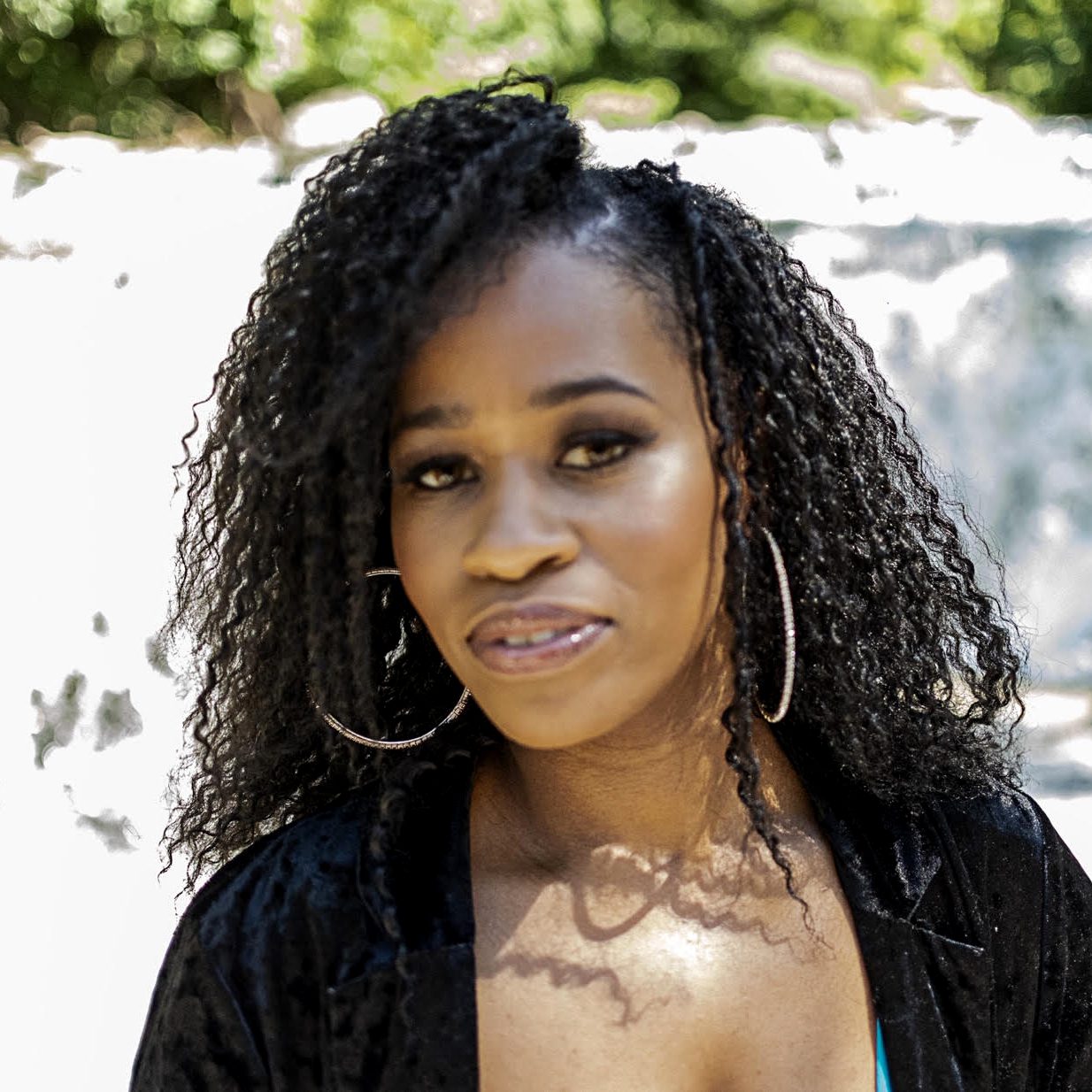
Hulda Hicks was born in Brooklyn, NY in the late ’70s, at the time when Hip-Hop music was just emerging as an art form. Her entire life was influenced by the culture, having grown up in the epicenter of the creative movement.
As a trained musician and vocalist, Hulda got exposed to the industry in her twenties and has worked on projects with iconic figures such as the Chiffons, the Last Poets, and Montell Jordan, to name a few. Her passion for music extended past the stage on to the page when she began to write ad copy and articles as a freelancer for several underground publications.
A written review from “Jubilee Huldafire” is as authentic as it gets, hailing from one creative mind that has a unique voice, on paper and in person.
Editor Picks
-
TIIIME Brings Back the Golden Era of R&B with Their Debut Single “She’s Mine”
-
2Polar: The Calm and the Chaos of Hip-Hop’s Next Dynasty
-
Seattle Music Producer Eddie Anthony Seemingly Sends Shots at Gisele Bündchen on Bold New Single “Kiss and Tell (Version Doce)” Featuring June B
-
Crown of Thorns and Tape Reels: Oran Juice Jones II’s “Juicetopher” album is a Resurrection in Rap
-
Pt+ Drops Highly Anticipated Album, I Never Left – A Nod to Classic 90’s West Coast Rap
